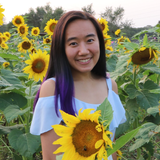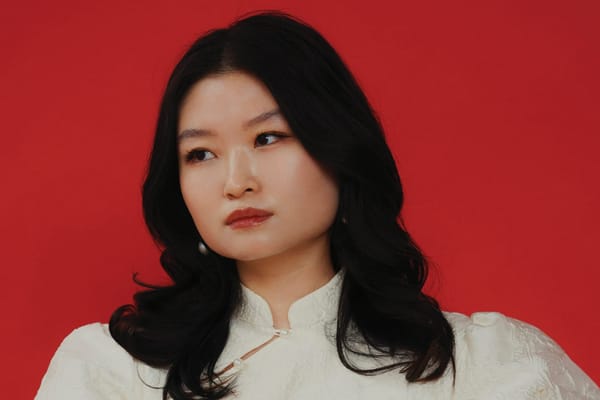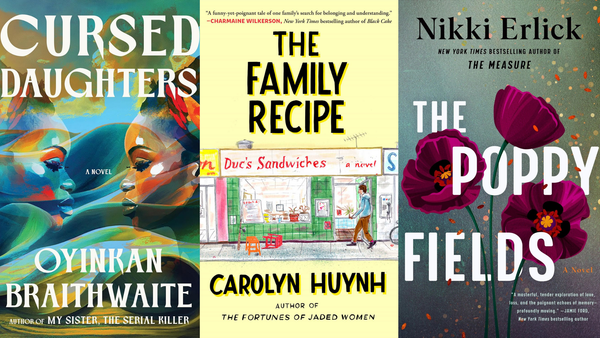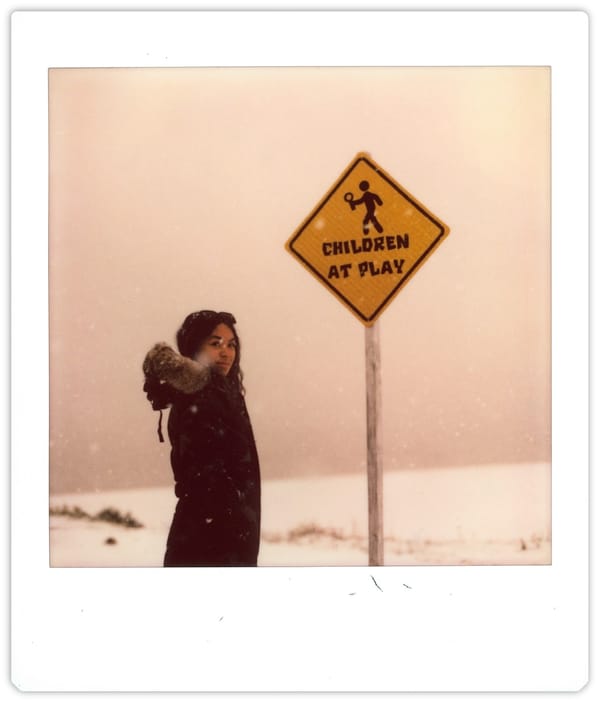Love, War and Yuanfen: Karissa Chen's stunning debut
"Homeseeking" is a heartbreaking tale exploring the choices that shape two lovers bound by fate, separated by circumstance.
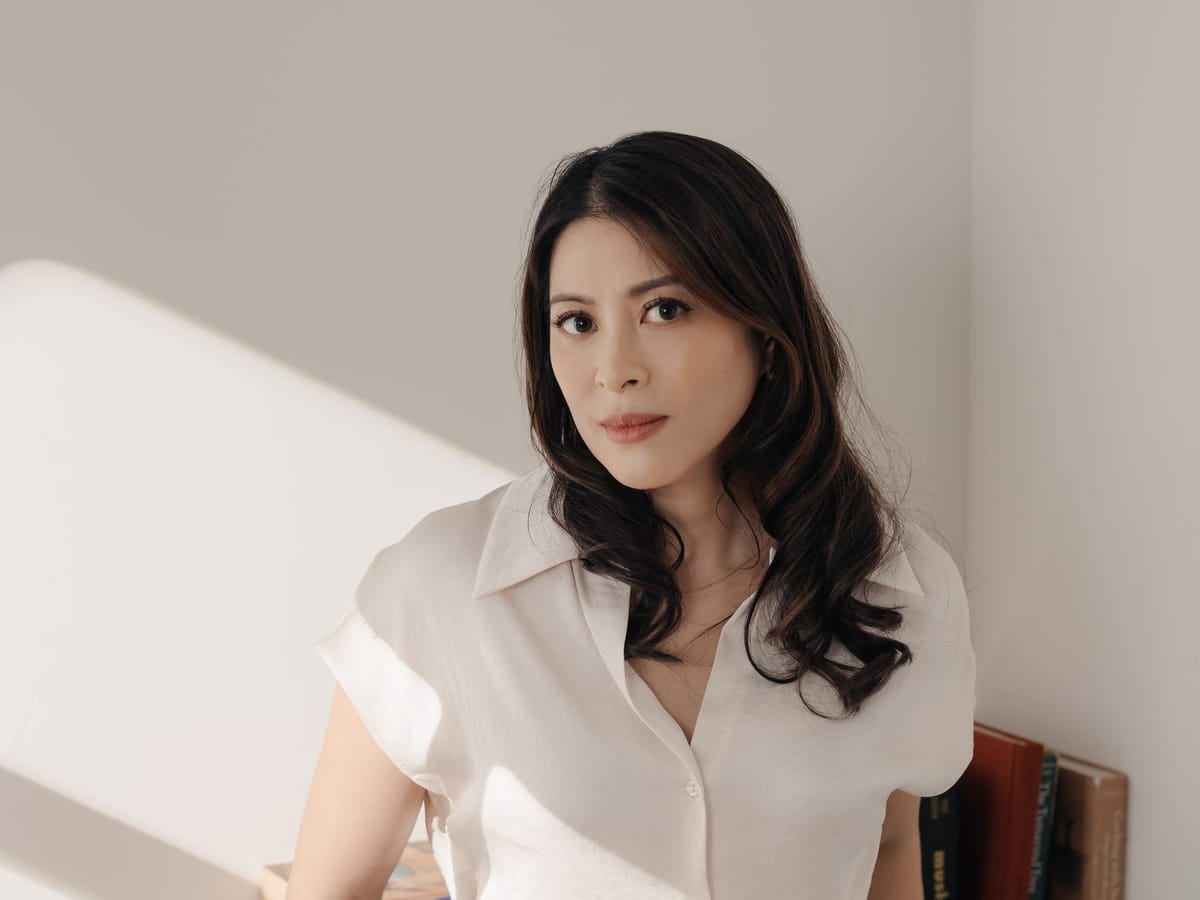
At 7 years old, Suchi meets Haiwen in their neighborhood in Shanghai. It’s 1938. The city is under Japanese rule, but as kids, they don’t necessarily know what’s going on outside of how it affects their lives individually. Haiwen plays violin, and Suchi is drawn to it. They’re in school together, they grow to be friends and then lovers. It feels straight out of a movie, even despite the circumstances.
But a decade later, after his family runs into some trouble, Haiwen secretly enlists in the nationalist army to save his brother from the draft. Suchi is left with questions, his violin and note that says, simply, “Forgive me.”
In Karissa Chen’s heartbreaking debut, “Homeseeking,” we follow Suchi and Haiwen’s lives before and after this choice. Suchi’s story is told from the past to present, Haiwen’s is told from present to the past. Due to a variety of circumstances and opportunities, both chosen and not, they find themselves far from home: in Hong Kong, Taiwan, and the United States.
The novel is as emotionally gutting as Celine Song’s “Past Lives” but intertwined with a complicated history and politics of war, and the difficult decisions made in hard times. The lovers are told by a fortune teller when they are young people that they have yuanfen — “you’ll find yourselves pulled toward each other again and again.”
Yuanfen doesn’t mean that the couple can’t live without each other. It doesn’t even mean they’re necessarily destined to end up together, and that’s the beauty of it. Unlike romance novels which guarantee a happily ever after, “Homeseeking” tracks the couple as they make homes among strangers, cling tight to their families and memories, and navigate a tumultuous time in Chinese history. There’s something vulnerable and real about that.
Love is a tender thing. Yuanfen or not, we make choices that bring us closer or farther from the ones we love, but Haiwen and Suchi show us that even in challenging circumstances, it’s possible to love again, to move forward, to make a different choice today that will change your tomorrows. Chen masterfully weaves this story across 60 years, different cities and languages while beautifully capturing the longing for a home you can never really go back to.
Through language choices right down to what she calls her characters at different points in the book, the work feels deeply grounded in the places Haiwen and Suchi end up living. The book uses Chinese characters in some places and phonetic spellings or renderings of Shanghainese, Cantonese, or Taiwanese in others. Characters codeswitch. When both Suchi and Haiwen move to the U.S., they adopt English names and speak Chinglish to their friends and kids.
At various points in the book, language is a way of reaching out to others and bonding. It’s also a way that people are marked as different or ostracized. The careful attention Chen pays to language makes each place real and distinctly grounded in the time periods the story is set in. It’s not just vaguely Taiwan. It’s Taiwan under Chiang Kai-Shek and shortly after he dies.
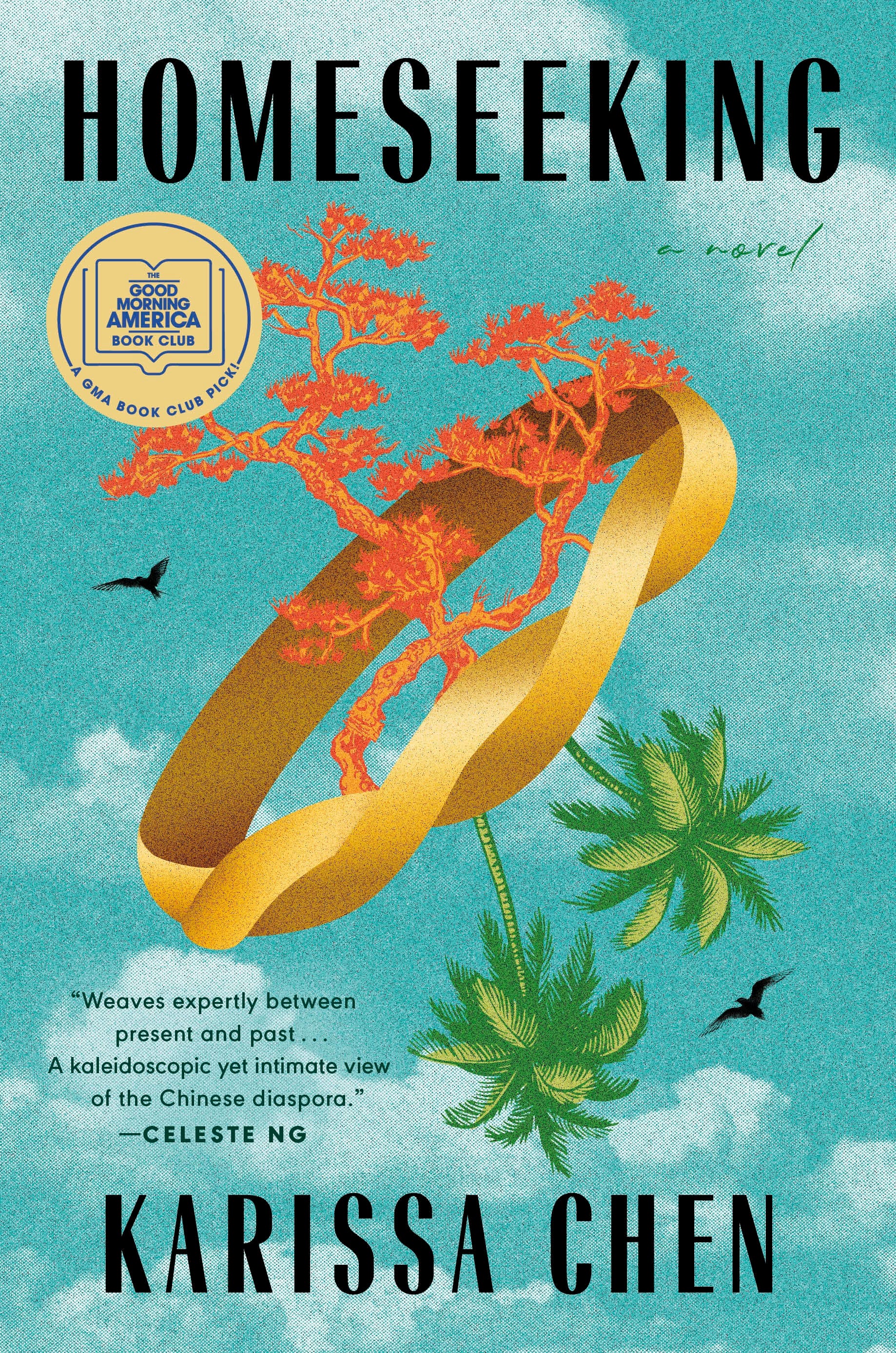
Those who have followed Chen’s personal essay work through the years know that she’s no stranger to writing about family or love, and traces of her and her family’s story can be found in the book. Her own grandfather left China for Taiwan at the end of the Chinese Civil War. “Homeseeking” might be fiction, but the grief and emotion Chen conjures is real. It’s not simply an engaging historical fiction love story or a thoroughly researched war novel — though it can be argued that it’s both of those things. “Homeseeking” is a triumph that asks big universal questions about love and who we are. It’s the perfect addition to any home library.
In 2008 Los Angeles, Suchi and Haiwen run into each other by chance in a grocery store. To Haiwen, it’s a sign. A lot has changed. People call him Howard now. He was married for many years and recently widowed, but isn’t this the yuanfen they were told about?
“This is the twilight of our lives,” Howard said. “Even if we can’t look backward, it doesn’t mean…It doesn’t mean we can’t reclaim what we lost or be who we were.”
“We can never again be who we were,” Suchi said. “It’s impossible. We’ve already missed each other.”
Telling their stories in opposing and alternating order leaves readers longing for resolution: the point where their lives intersect, where they stop missing each other. Suchi and Haiwen are characters you can’t help but root for, and they’re bound to stay with readers for a long time.

